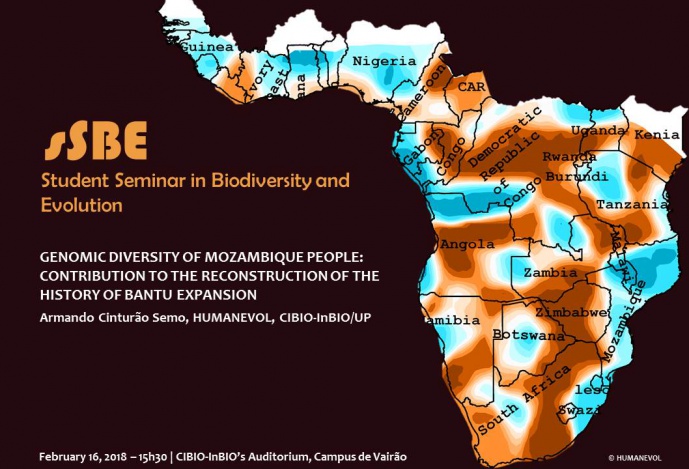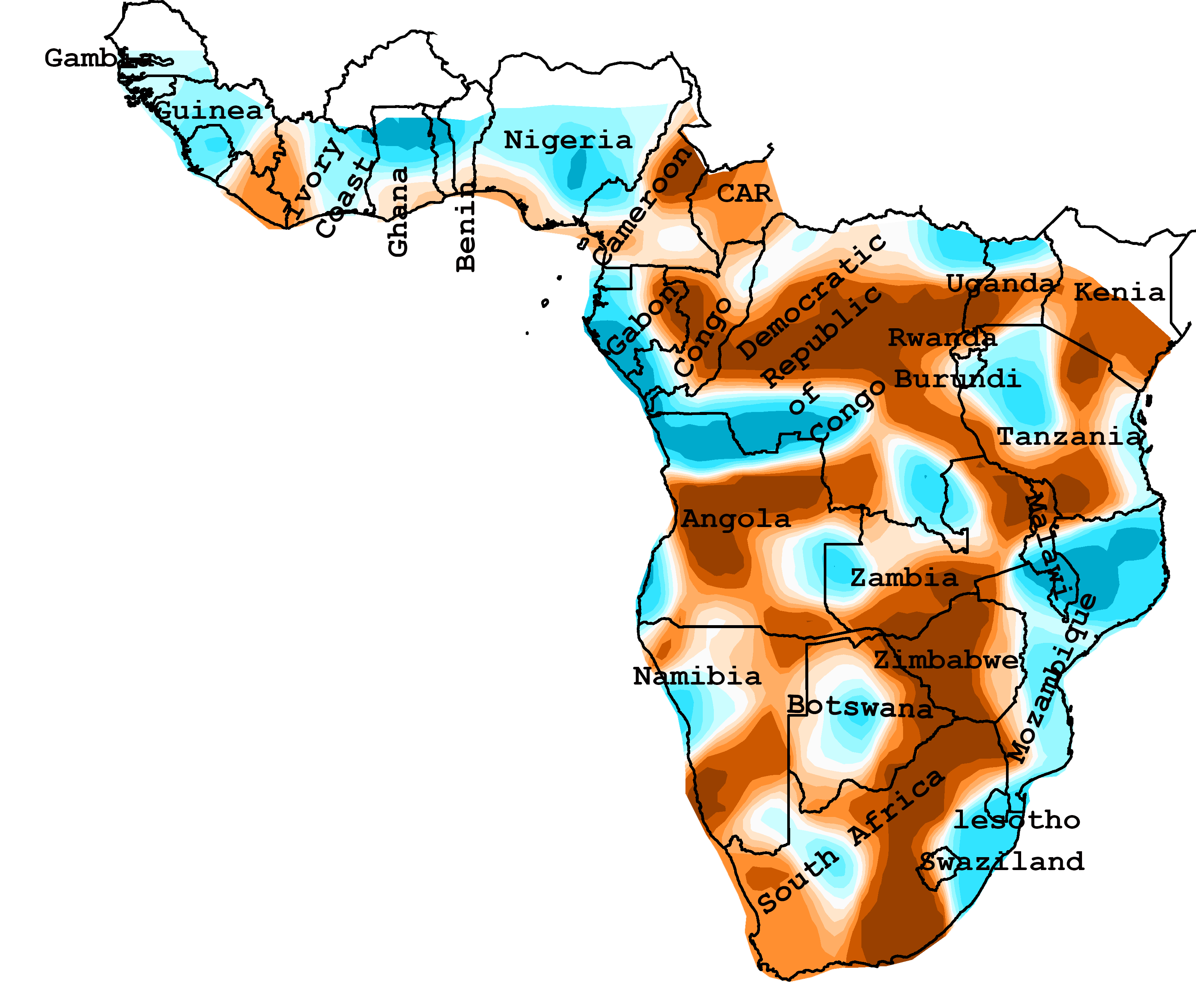GENOMIC DIVERSITY OF MOZAMBIQUE PEOPLE: CONTRIBUTION TO THE RECONSTRUCTION OF THE HISTORY OF BANTU EXPANSION

STUDENT SEMINAR IN BIODIVERSITY AND EVOLUTION

Mozambique is a southern Africa country where the majority (91%) of the population has a Bantu origin. Around 5000-4000 years ago, Bantu-speakers started a demographic and geographic expansion process, from the Nigeria/Cameroon border that led to the occupation of the entire subequatorial Africa. However, the routes of the Bantu expansion are still a matter of debate. In addition, Mozambique is underrepresented in many studies that assess the African population genomic diversity. To fill this gap, we are analyzing the human genomic diversity of Mozambique to investigate its population history and provide new insights into the Bantu expansion.
In 2013 Armando Cinturão Semo got an MSc degree in Biomedical Sciences at University of Beira Interior, Portugal, where he carried out a project on the genetic diversity of Macua and Changana, two main population groups of Mozambique. Currently, he is enrolled in BIODIV doctoral program supervised by Professor Jorge Rocha.
[Host: Jorge Rocha, Human Evolutionary Genetics]
Image credits: HUMANEVOL